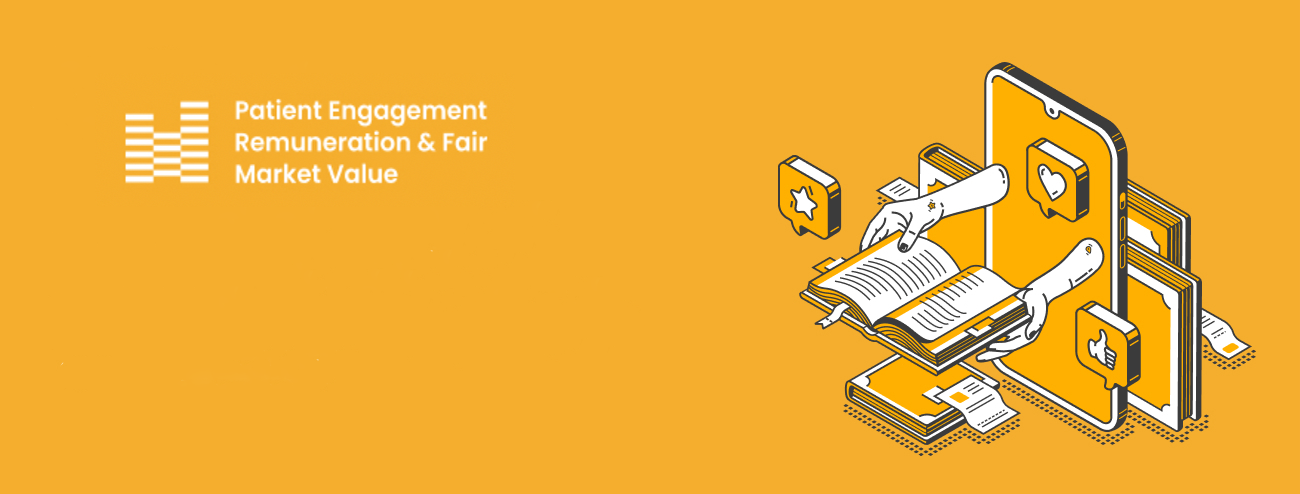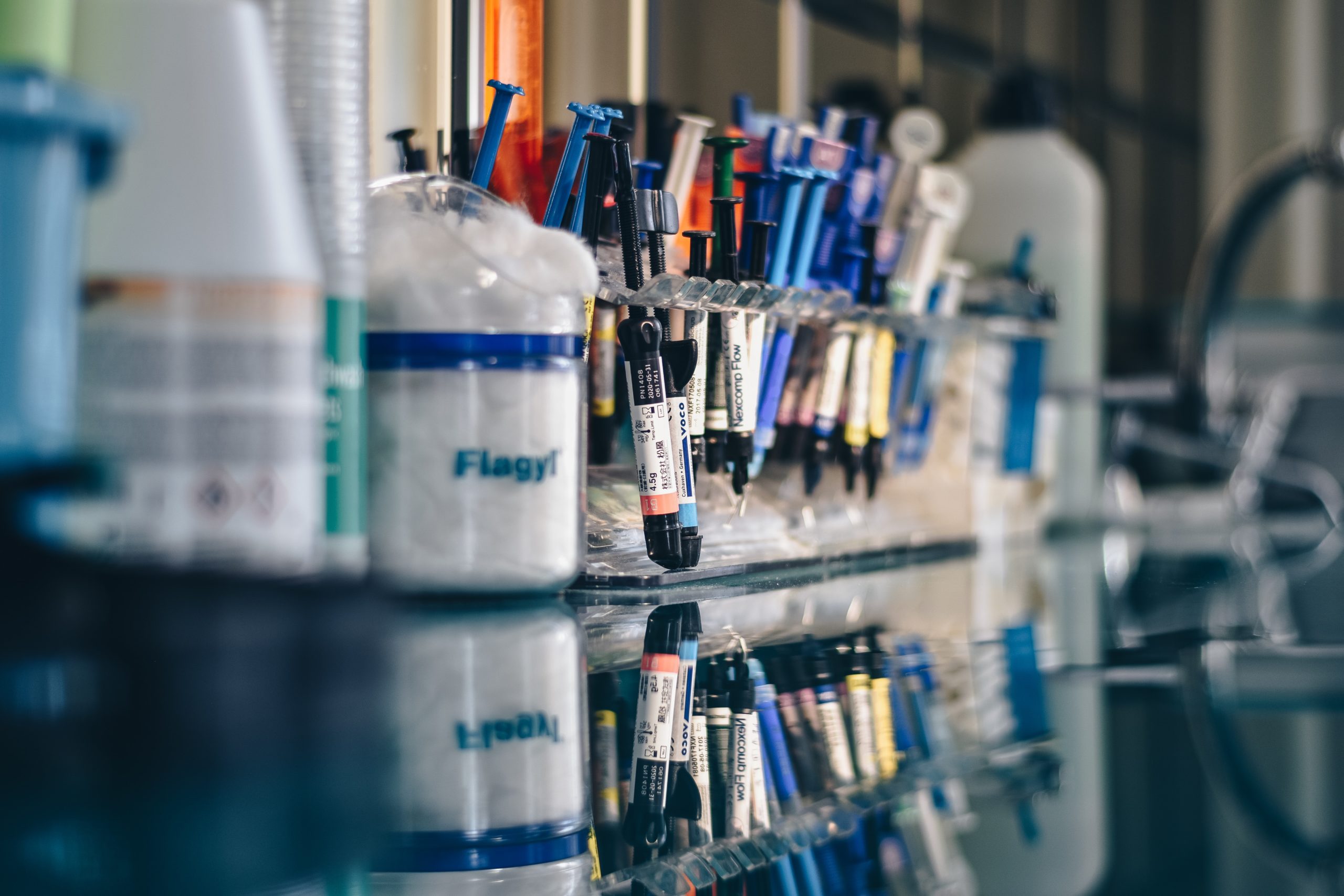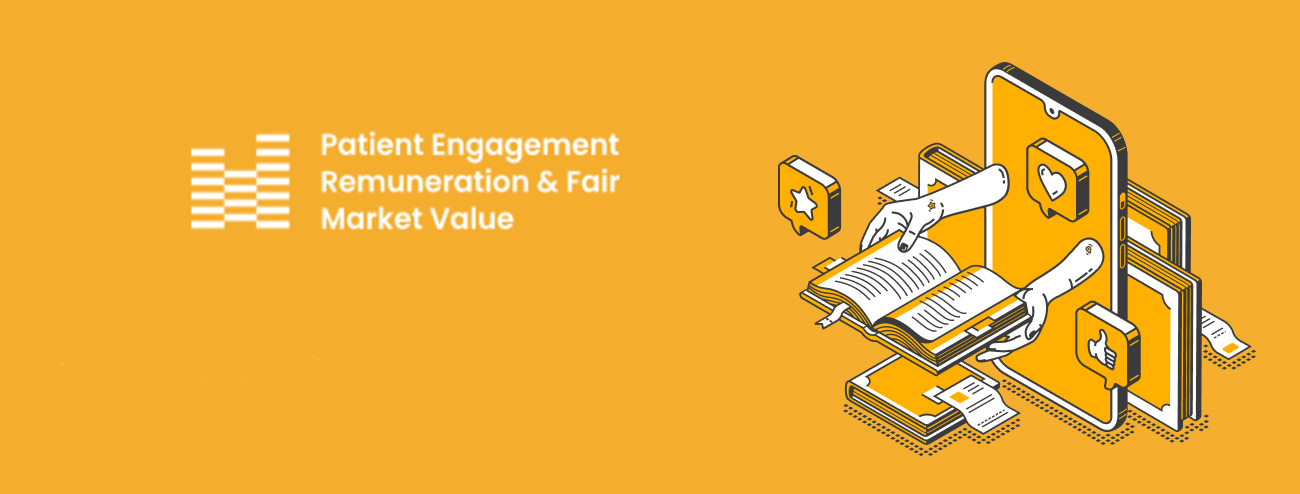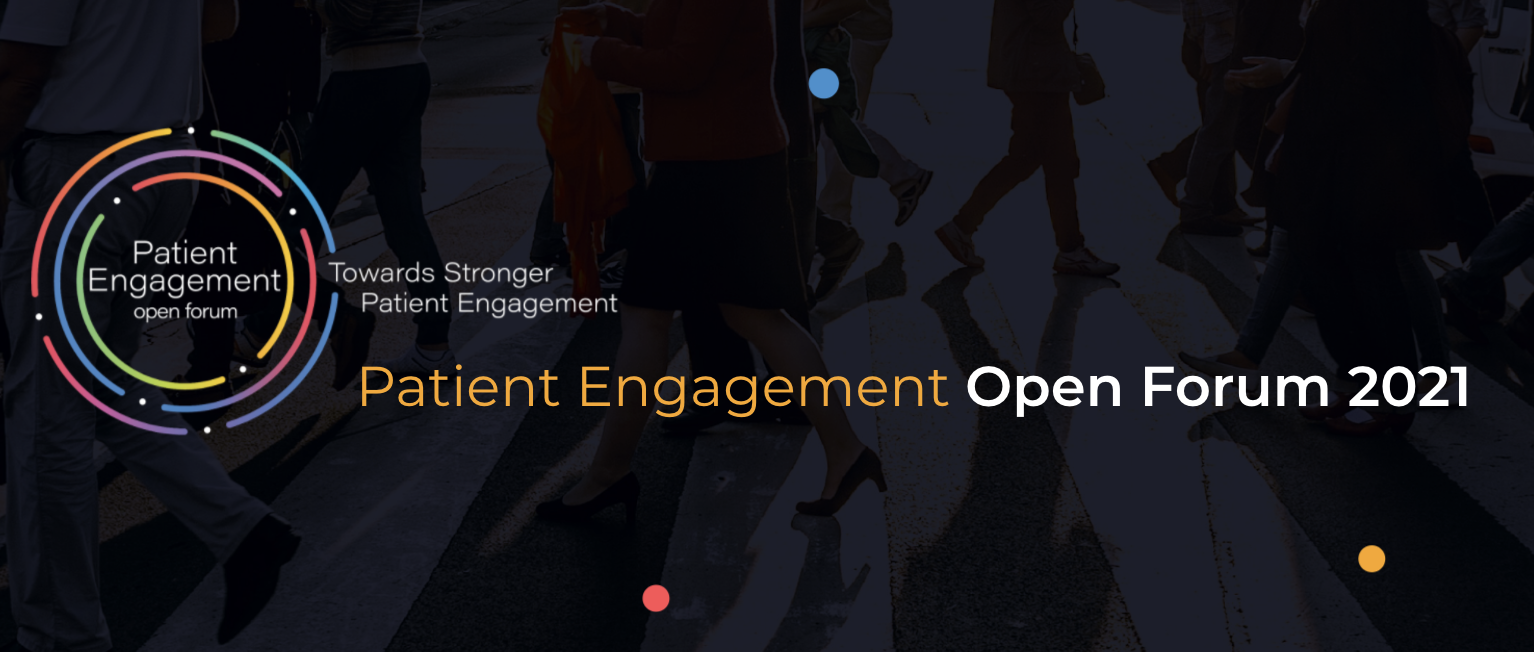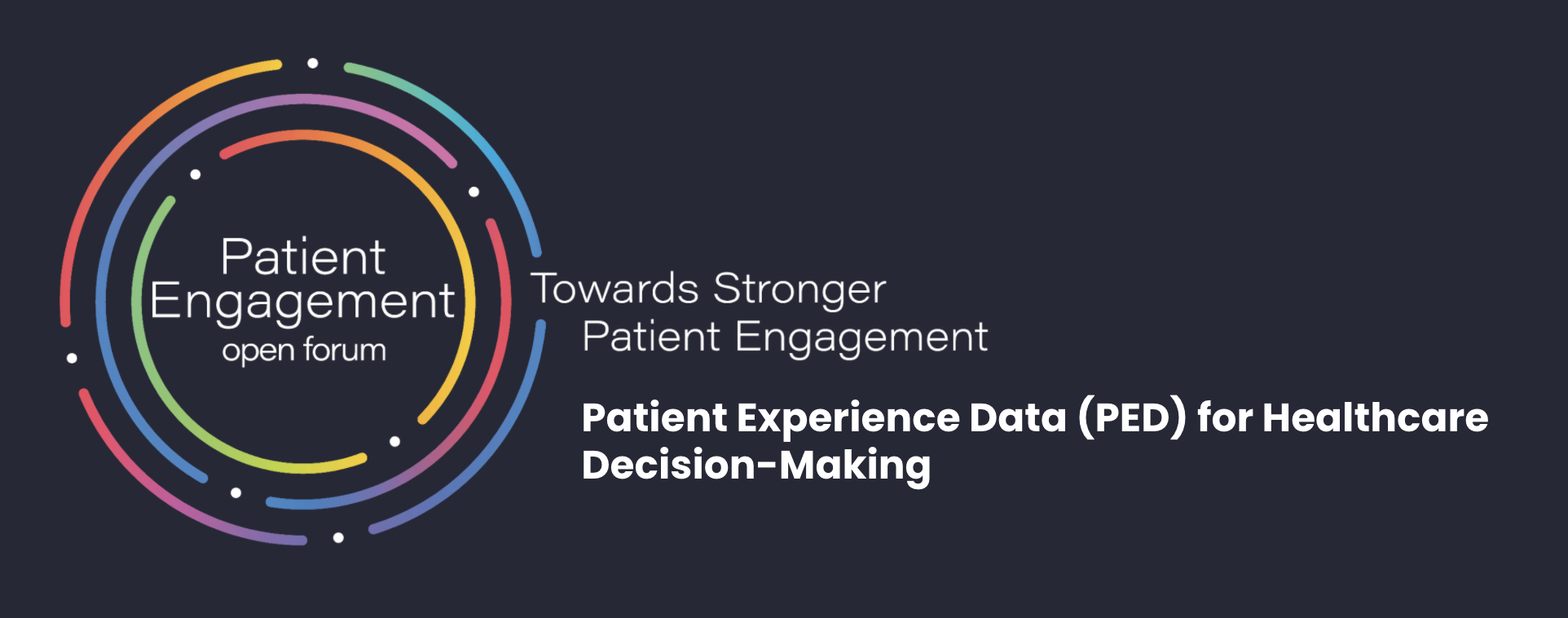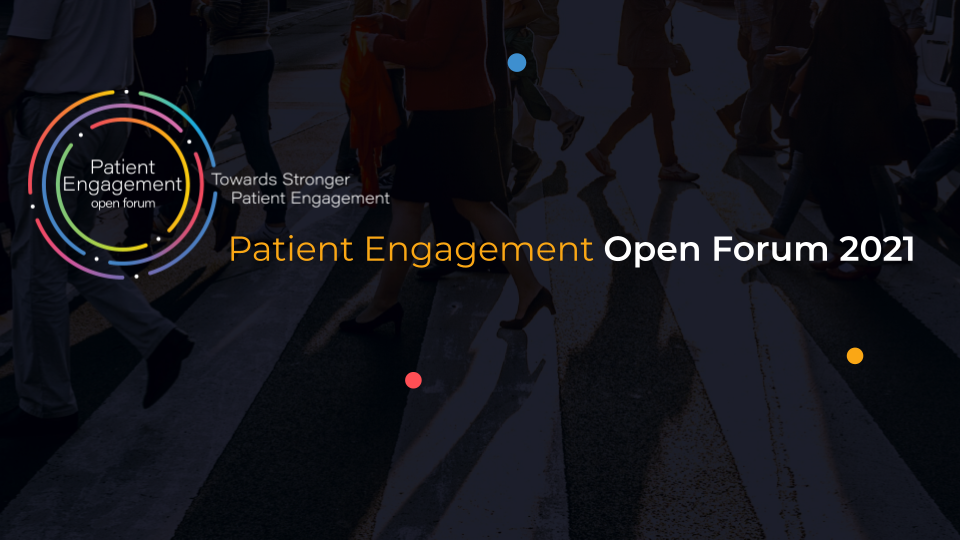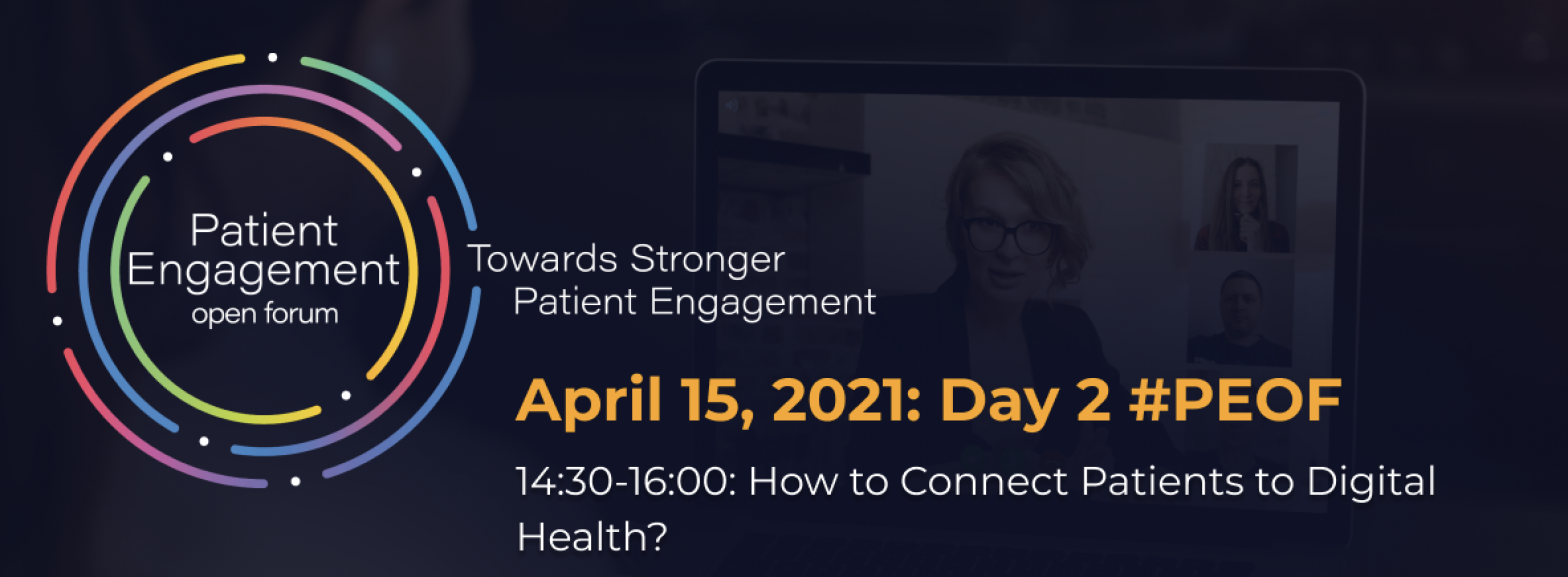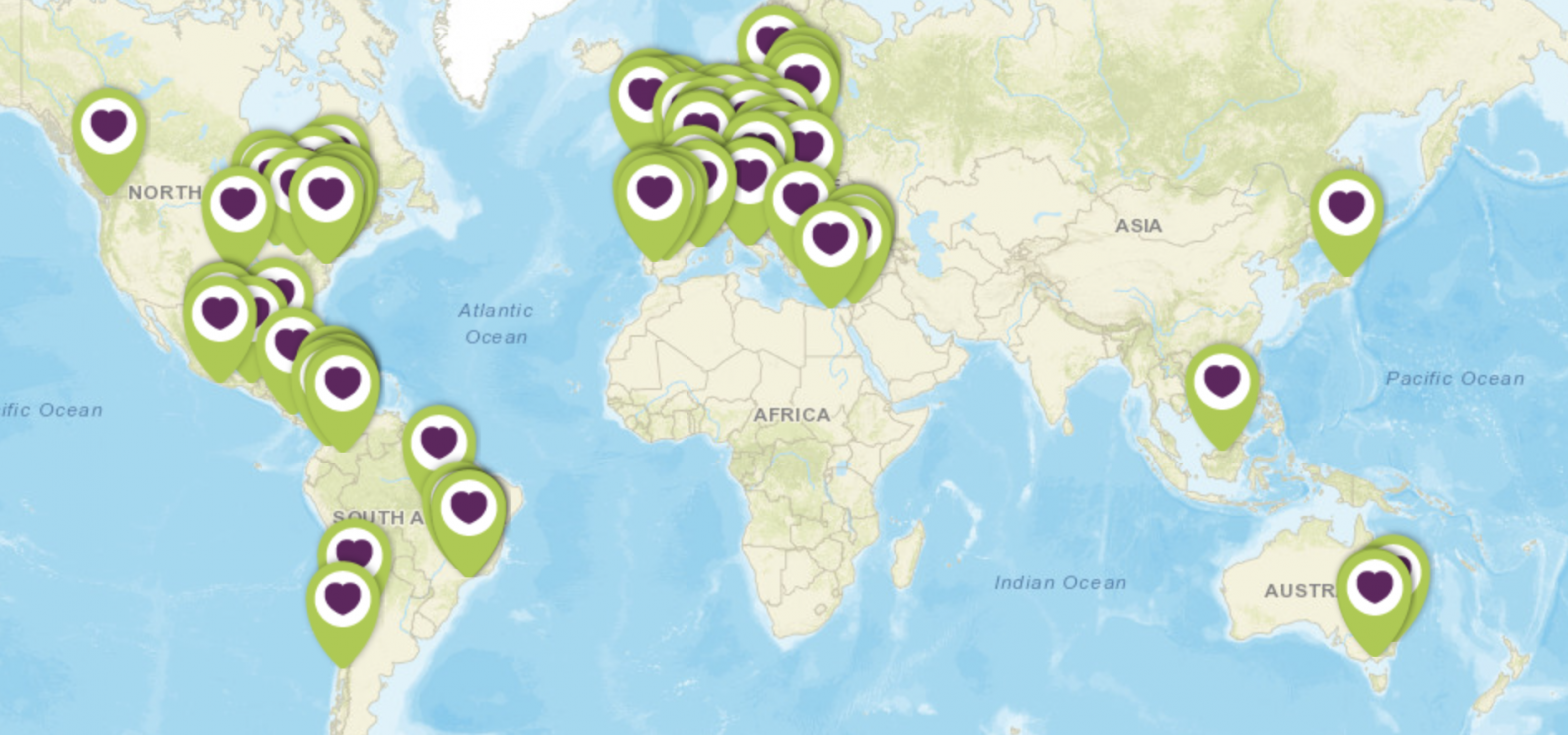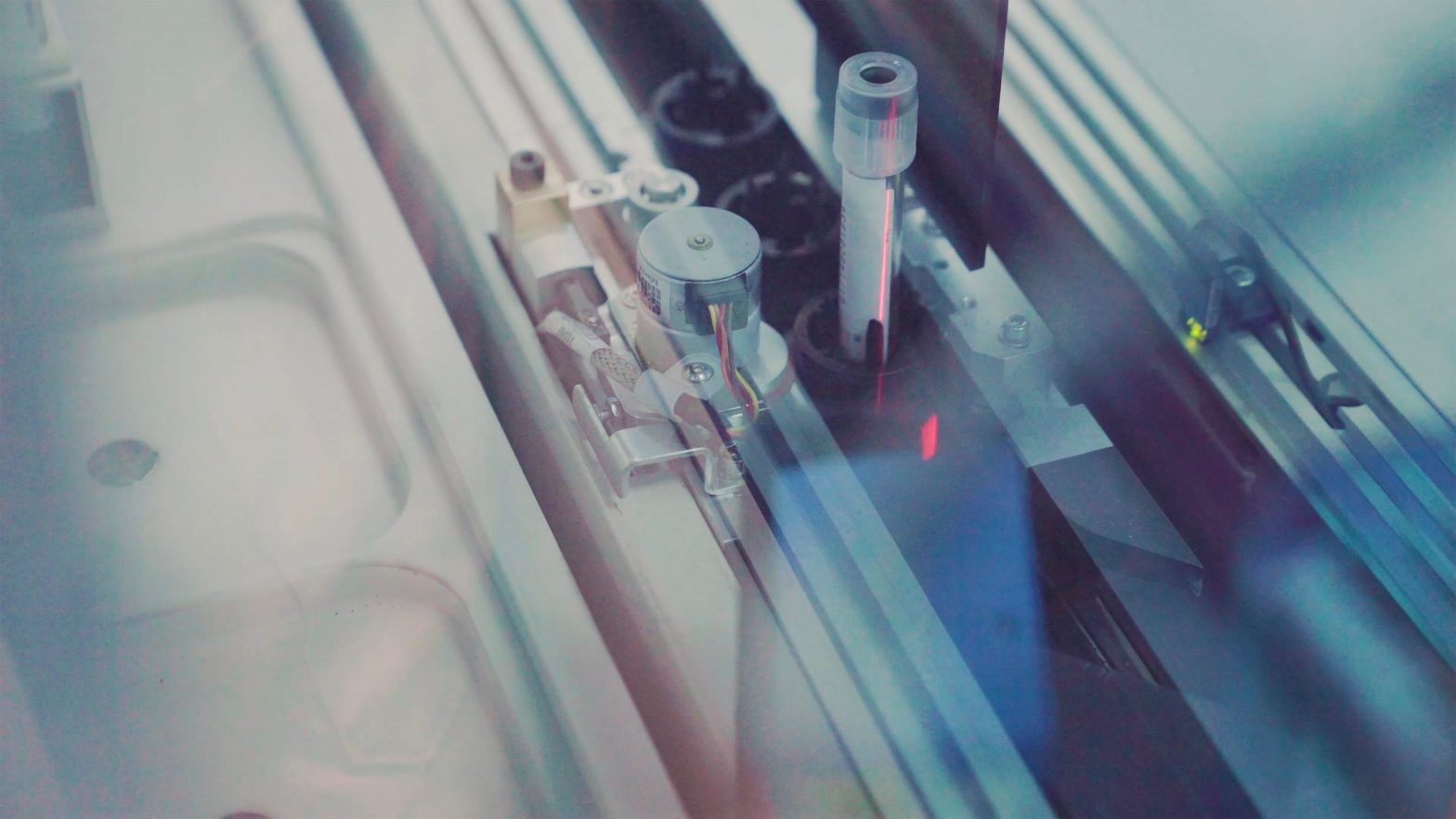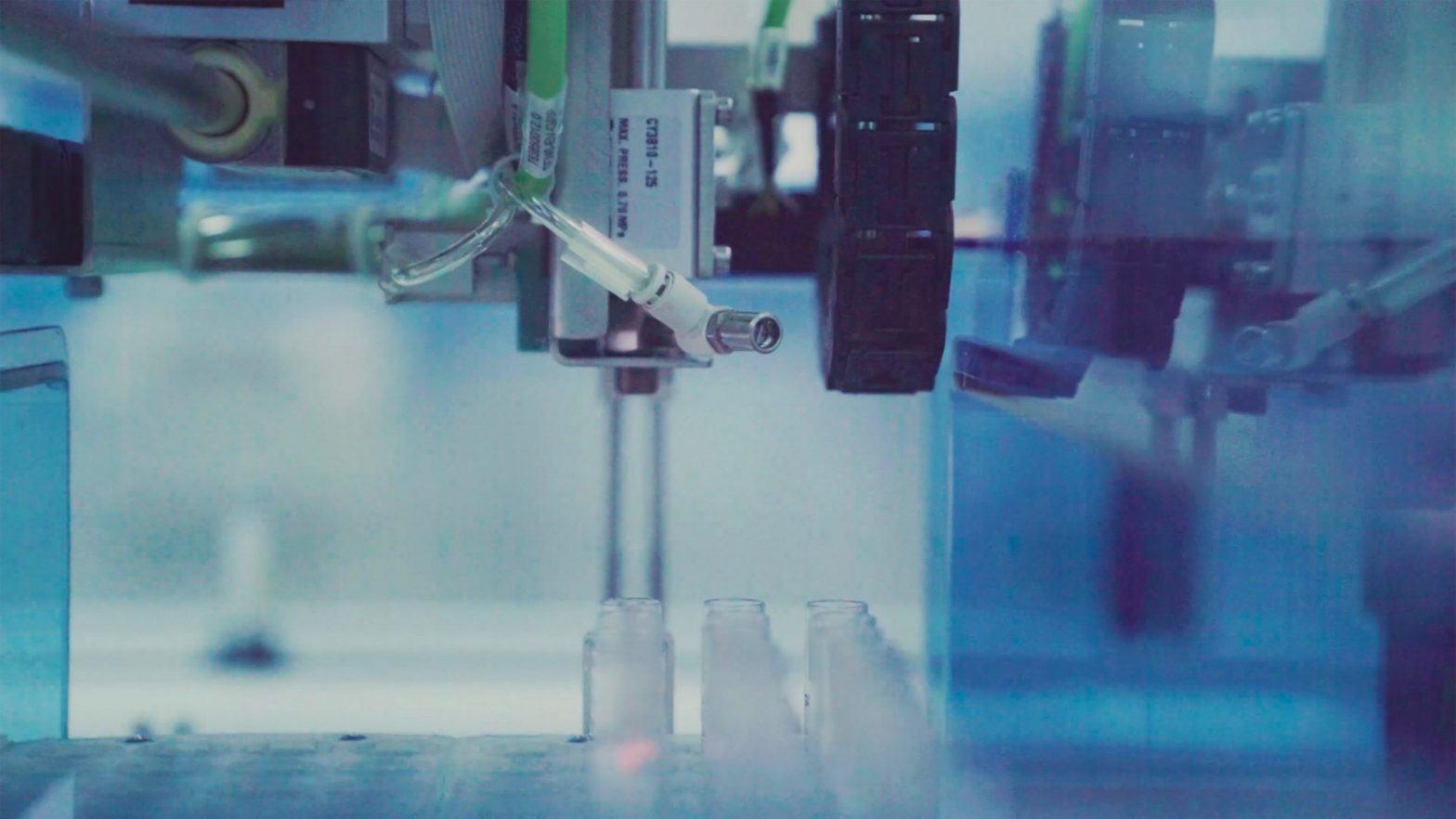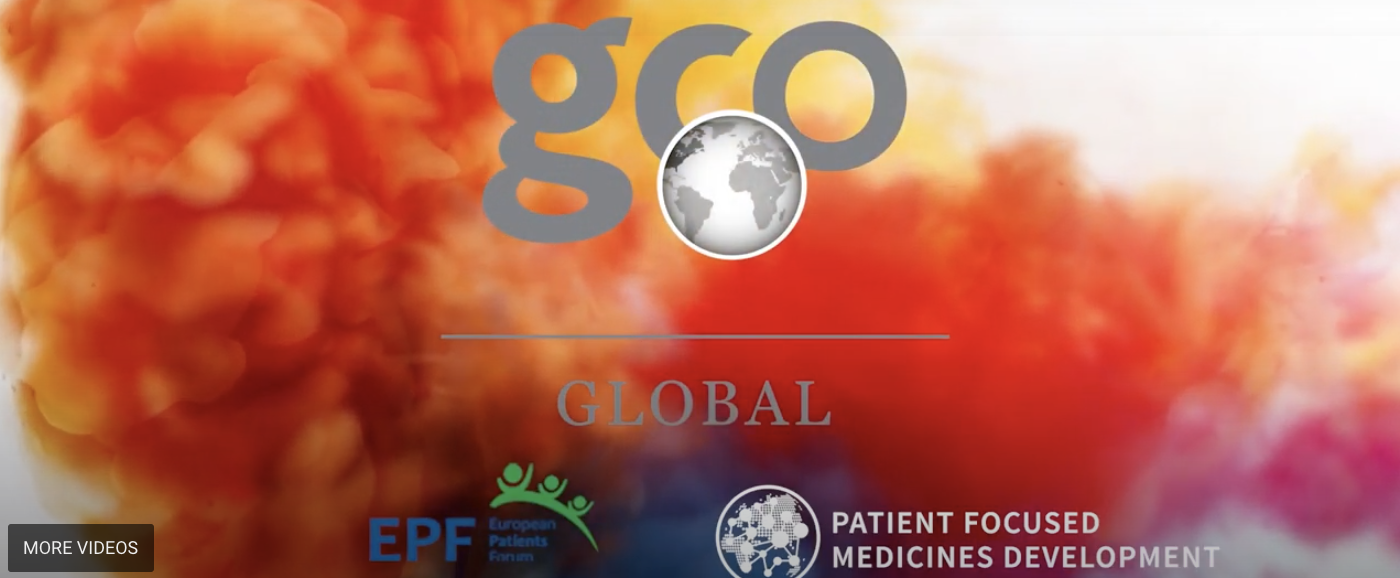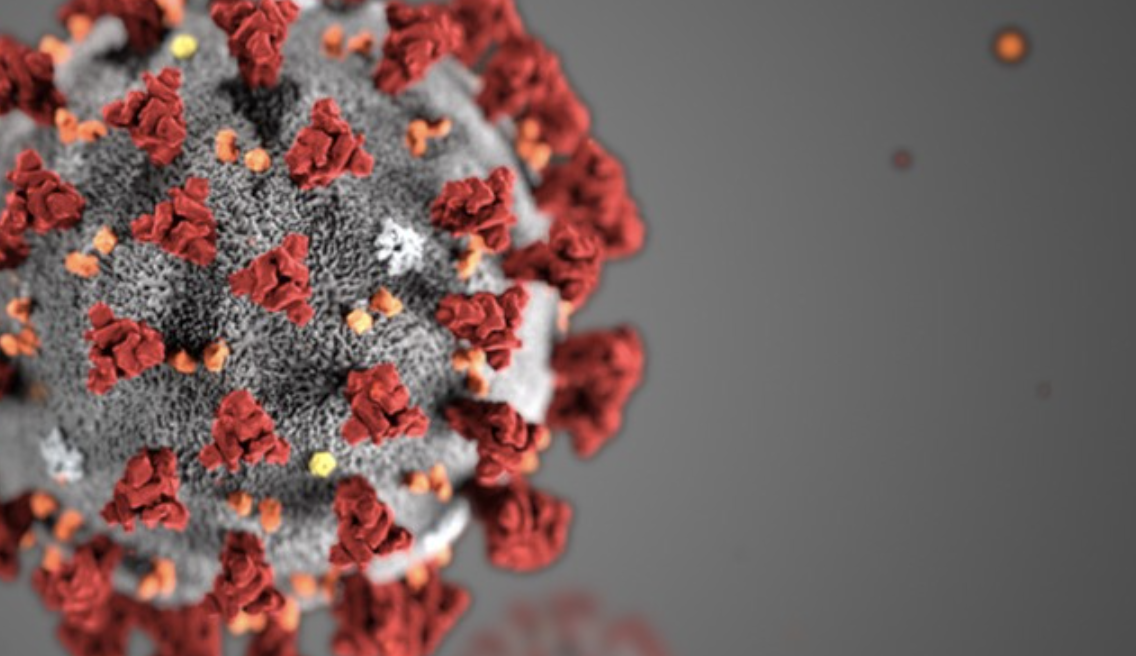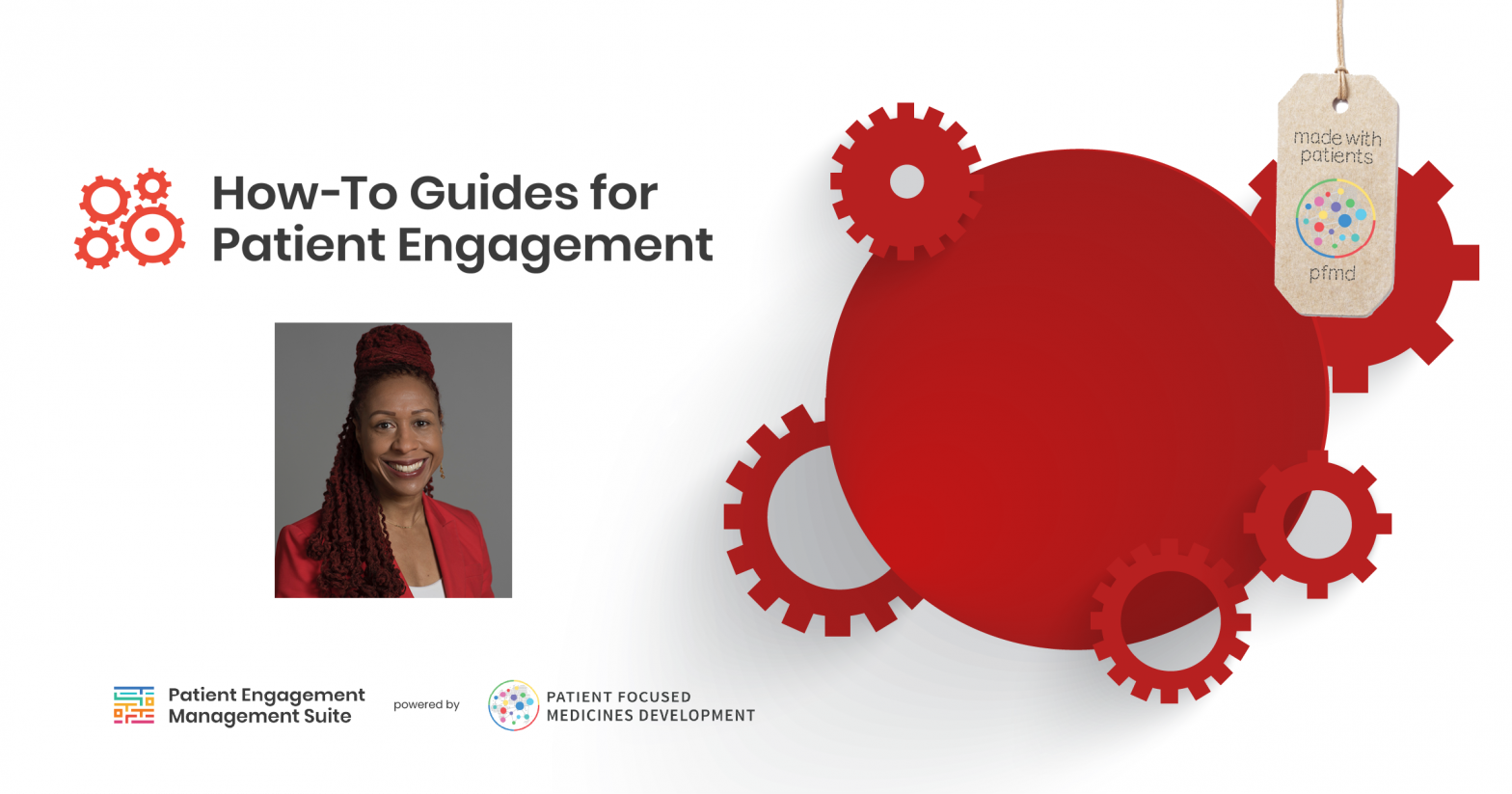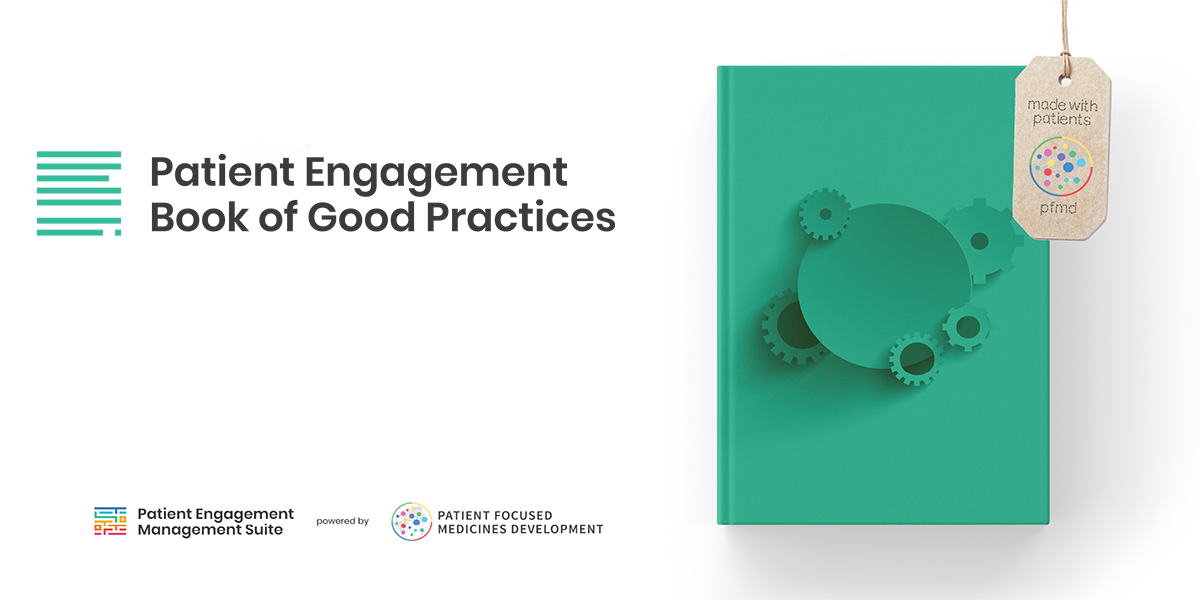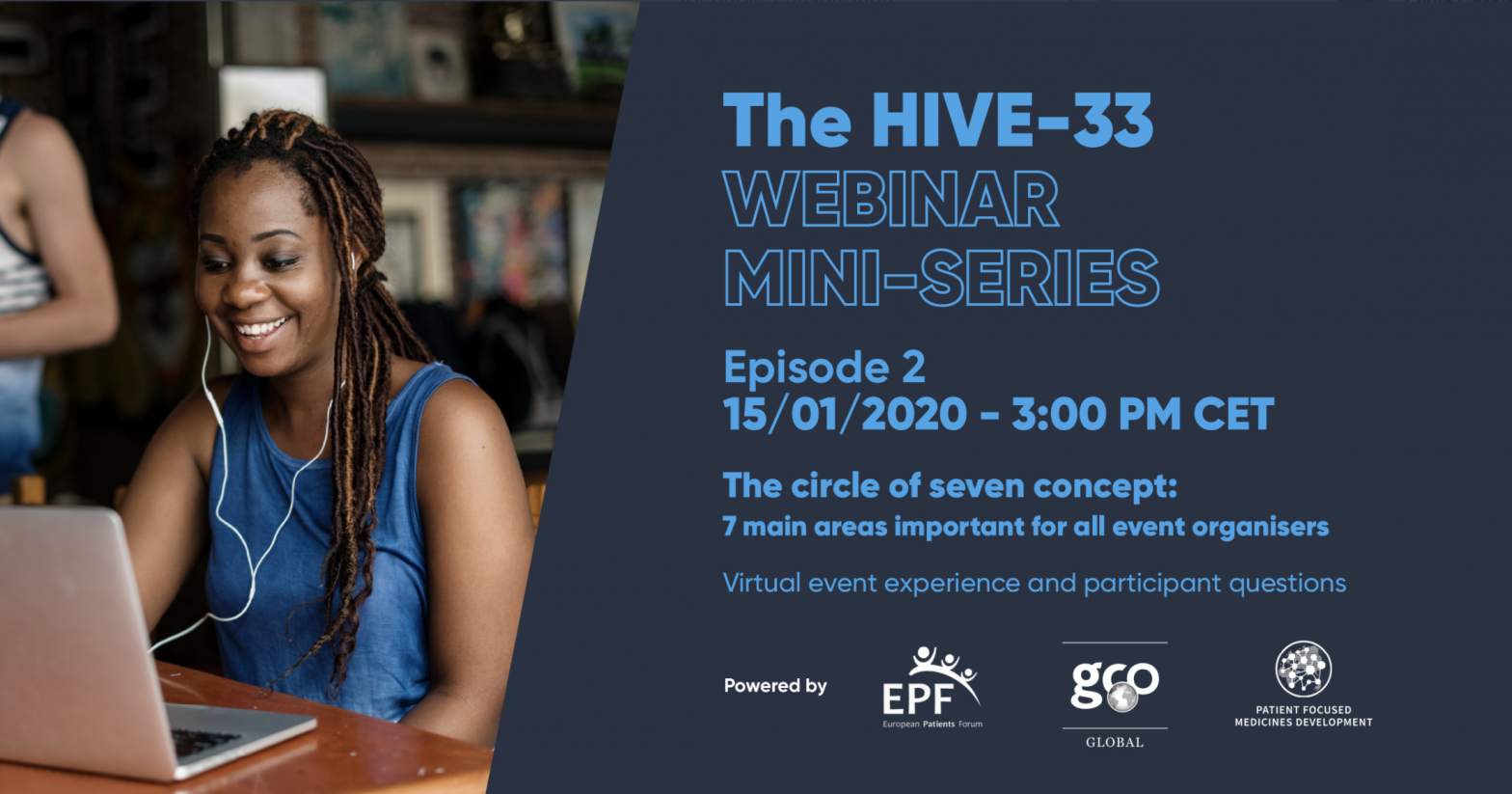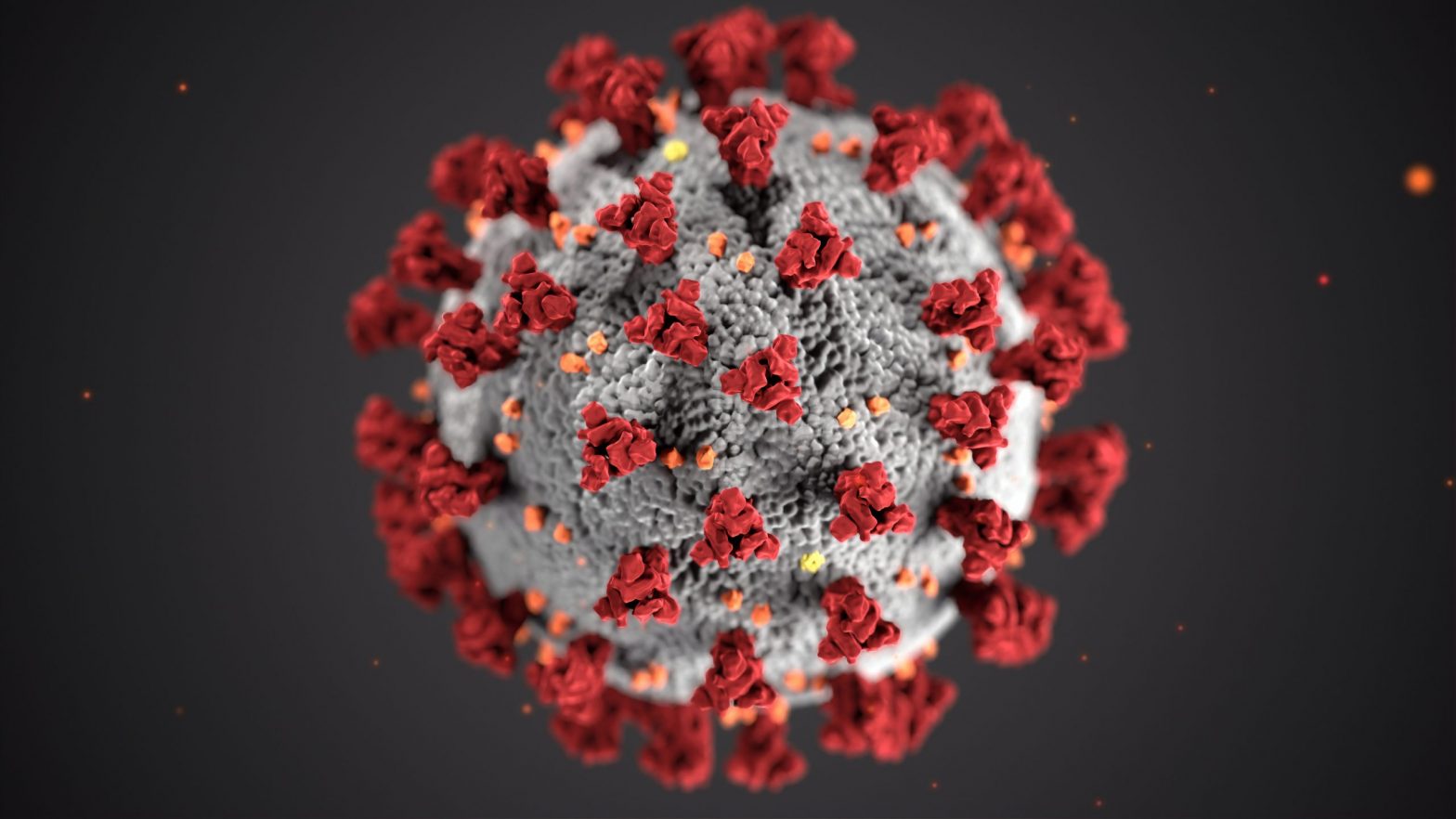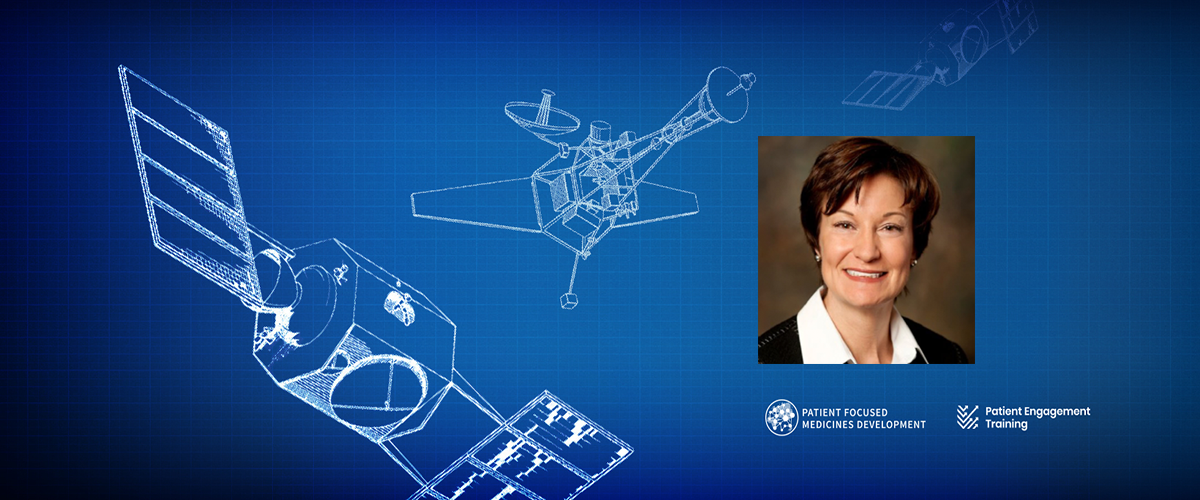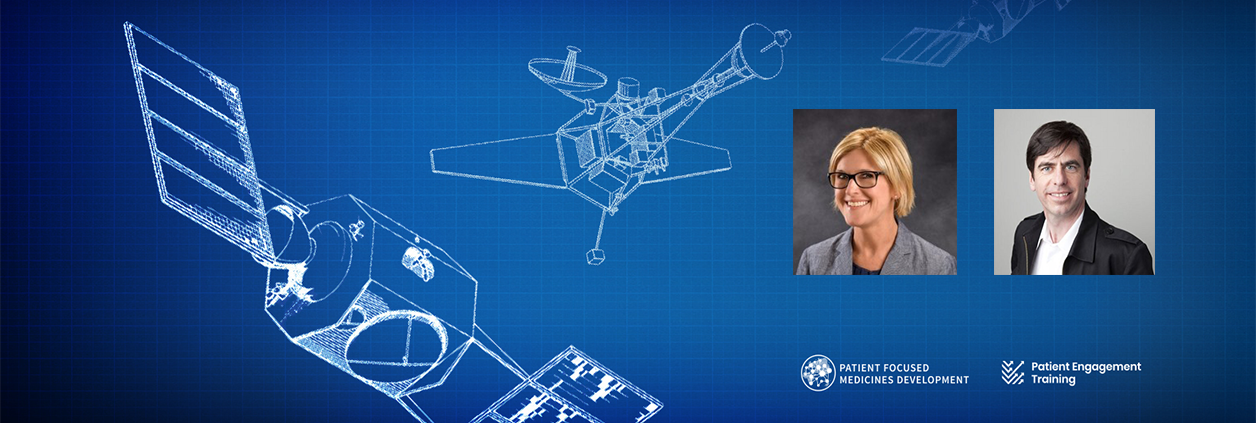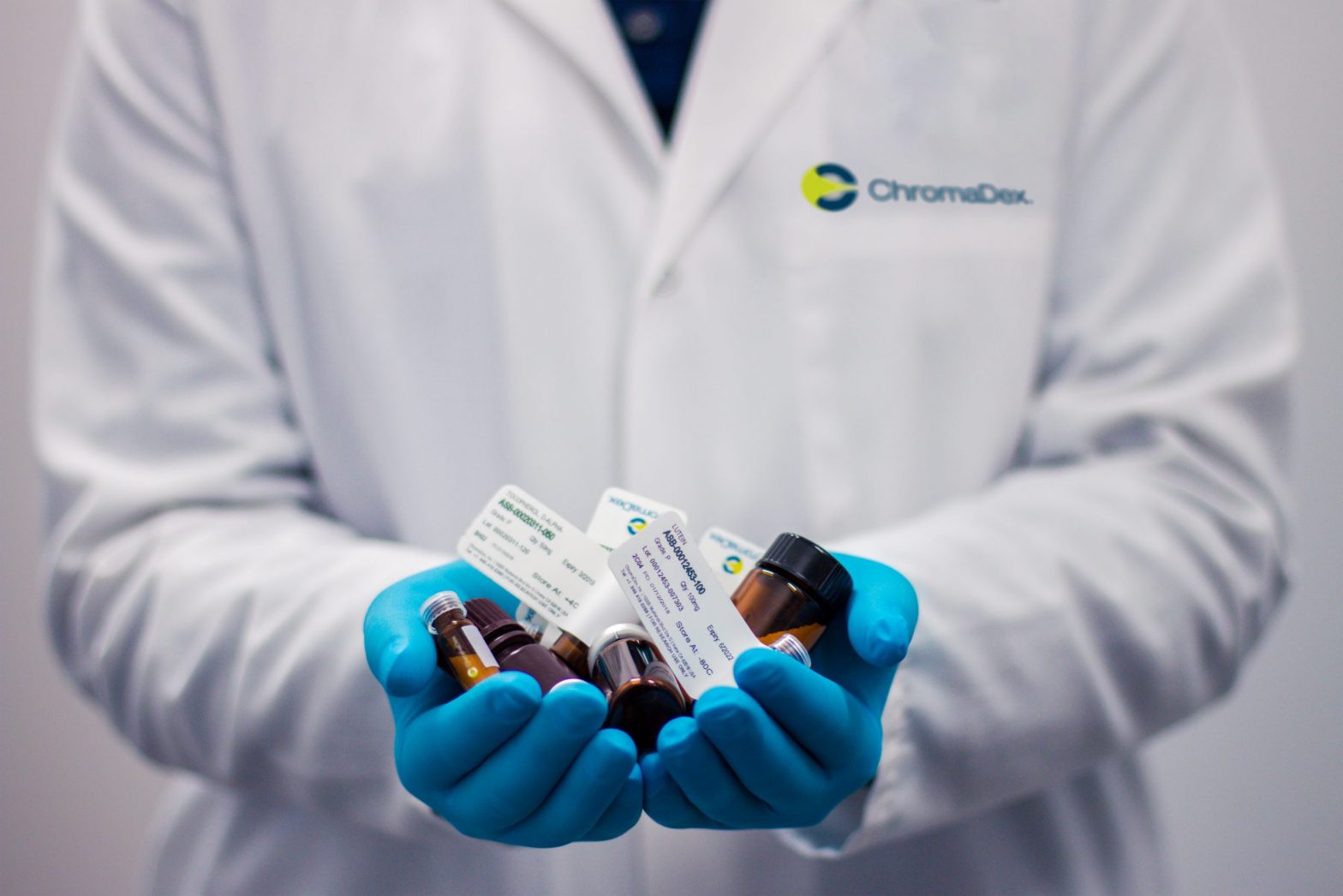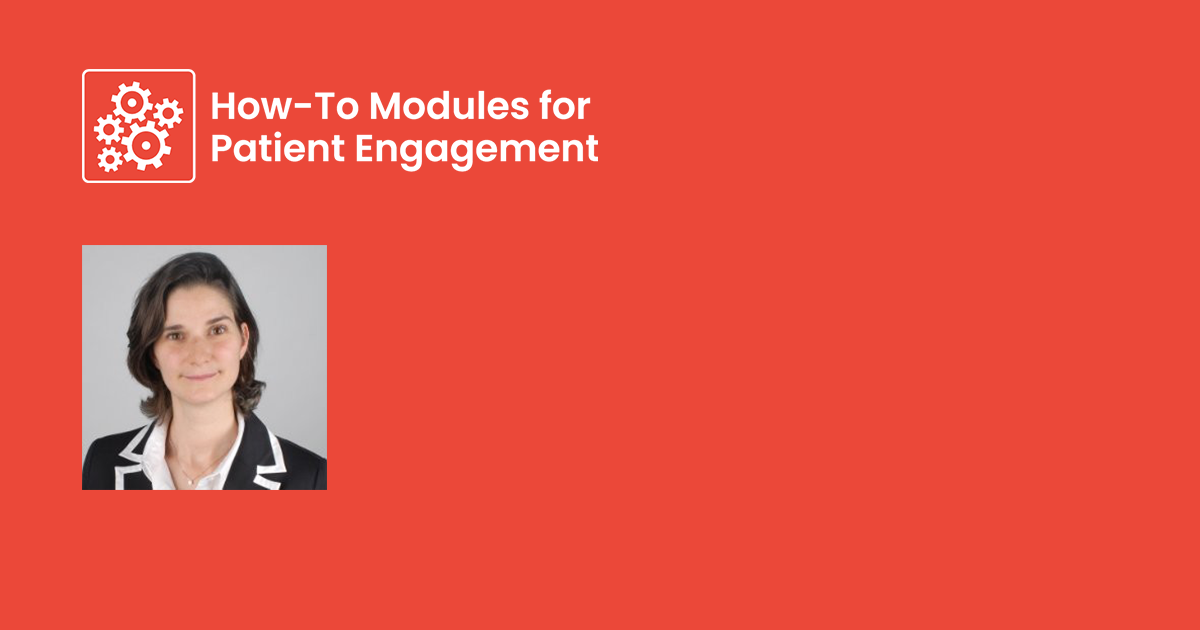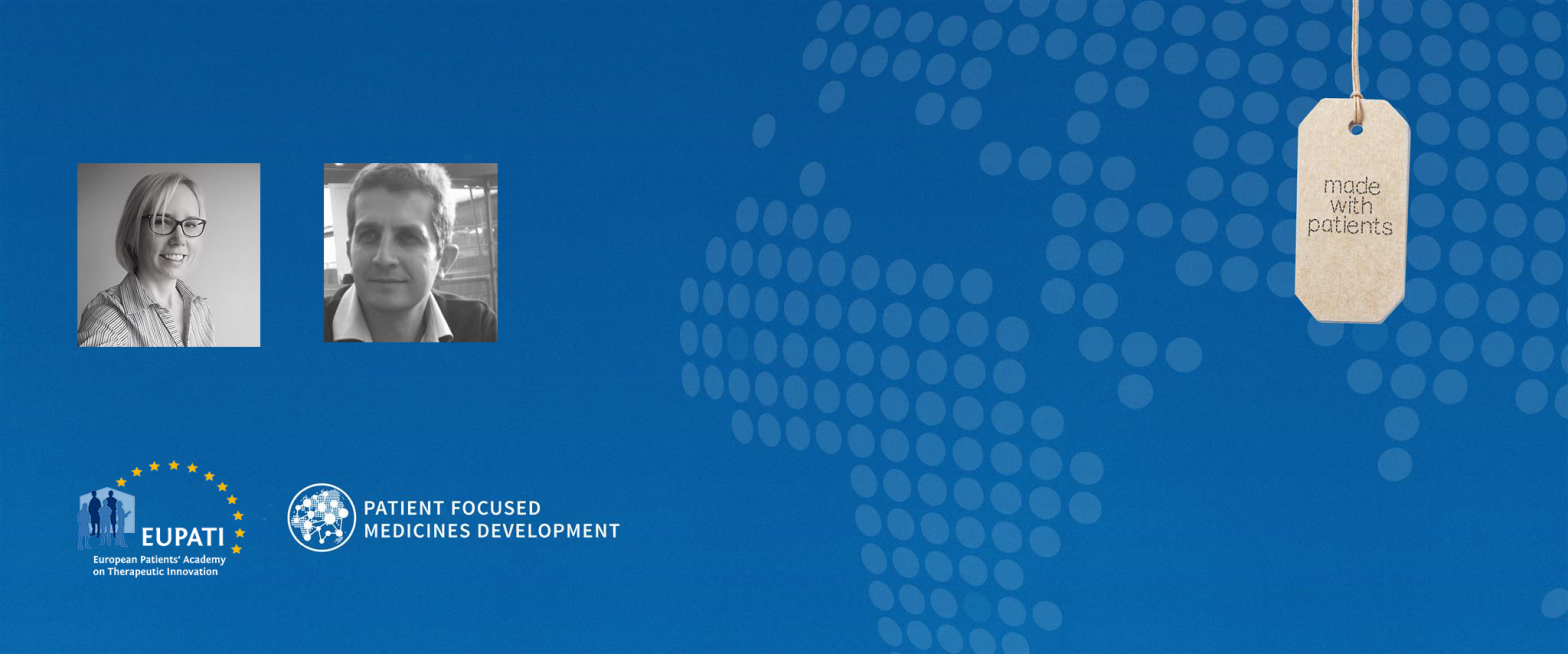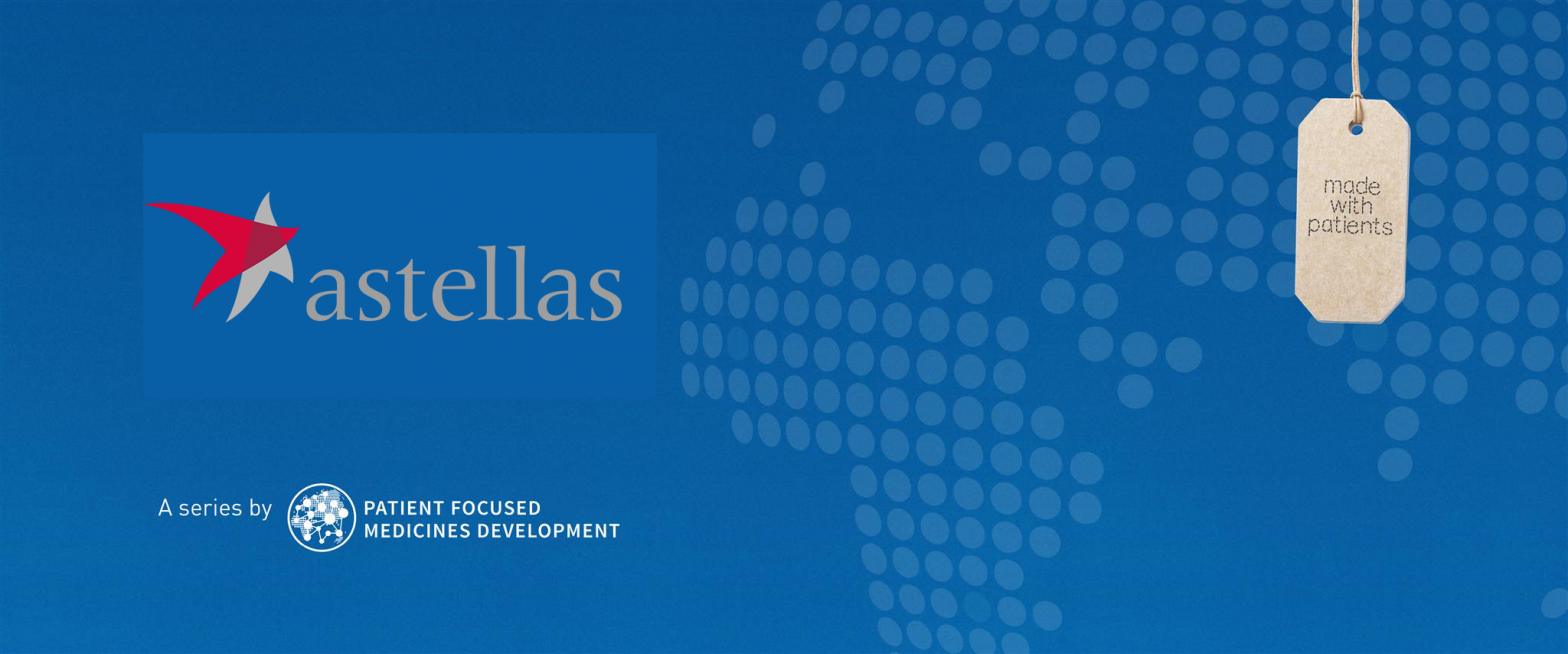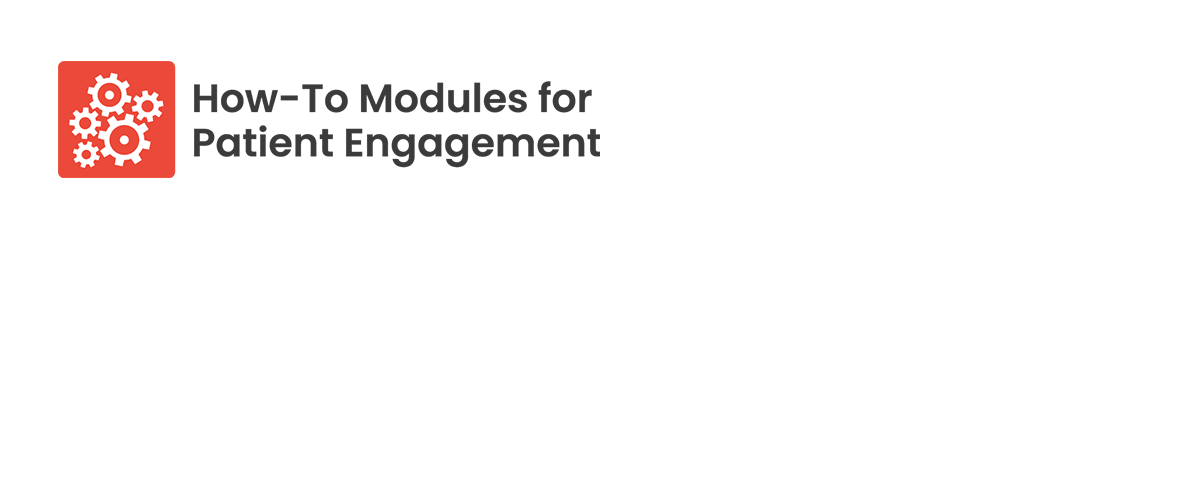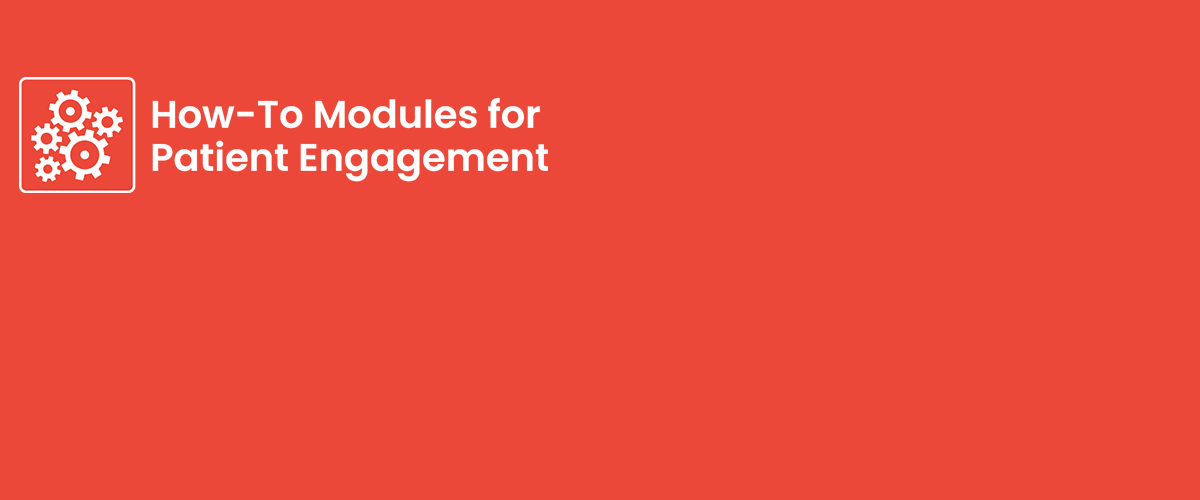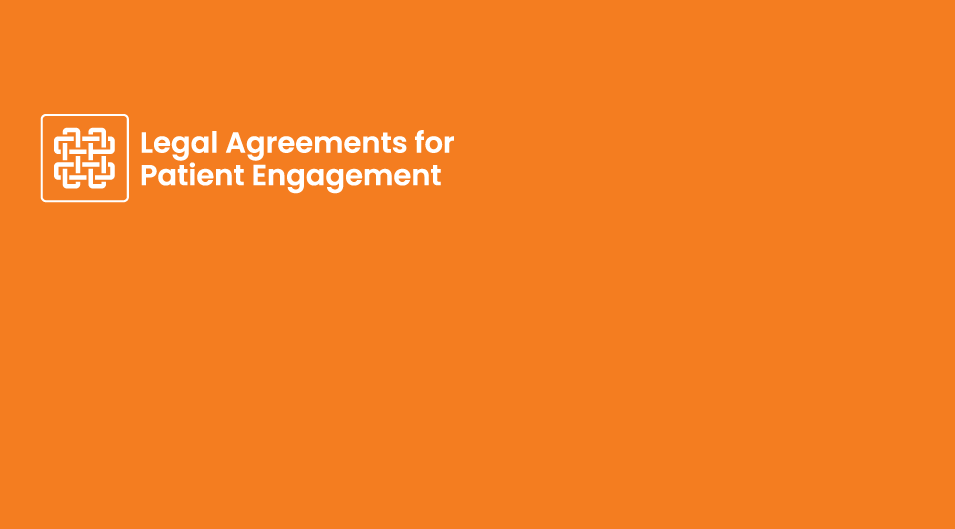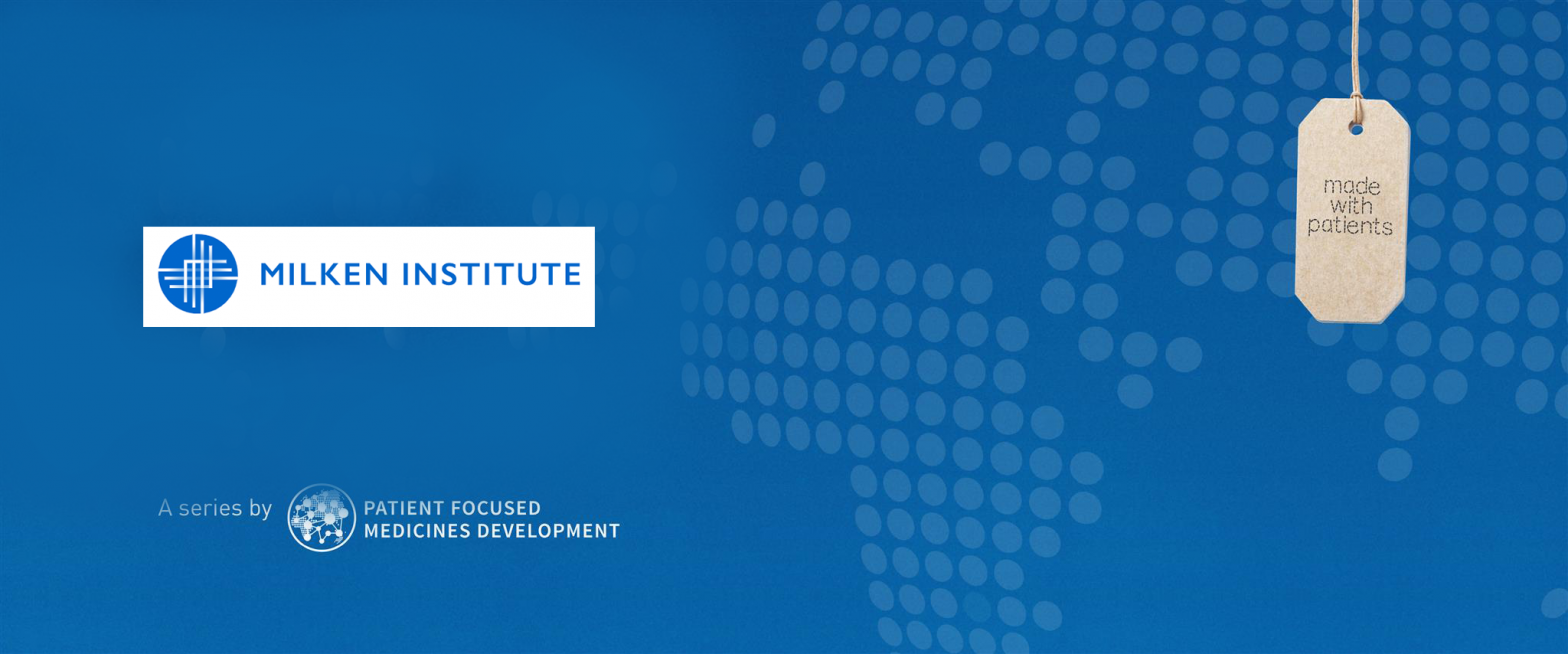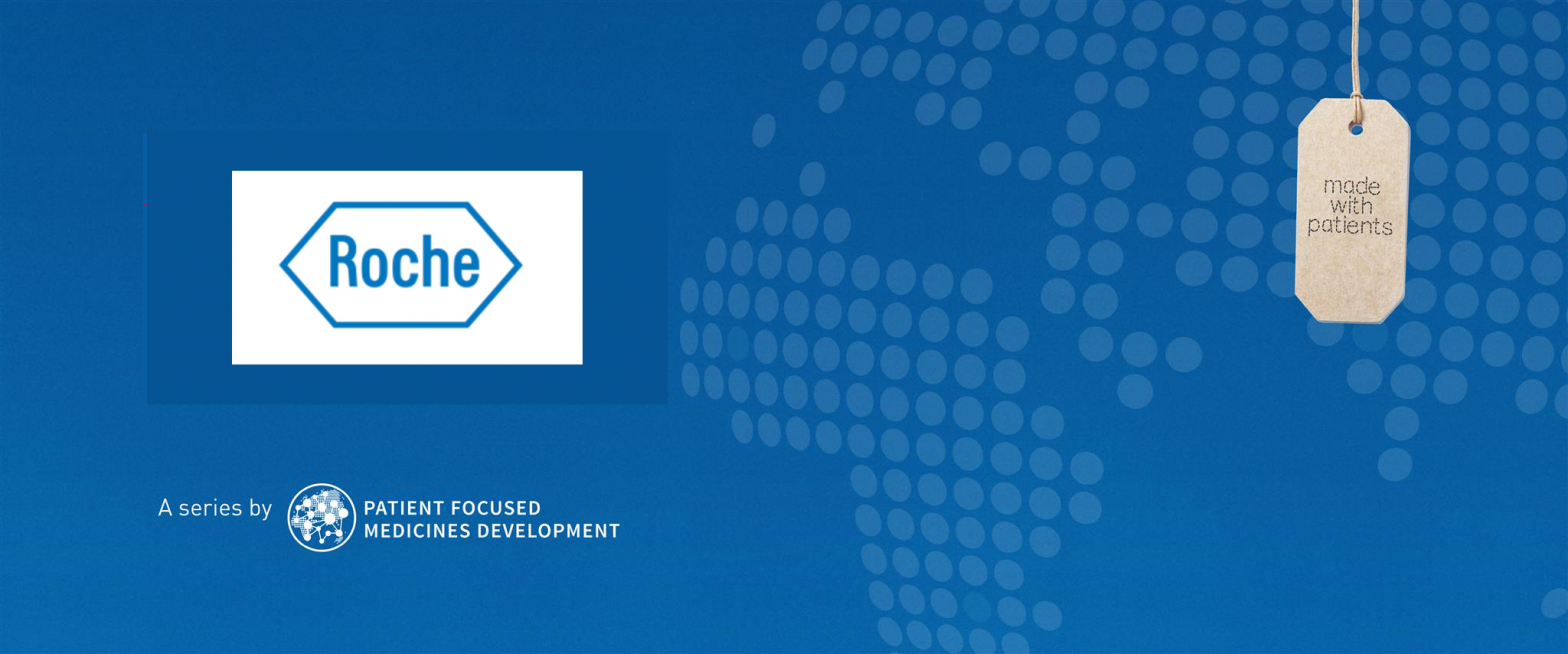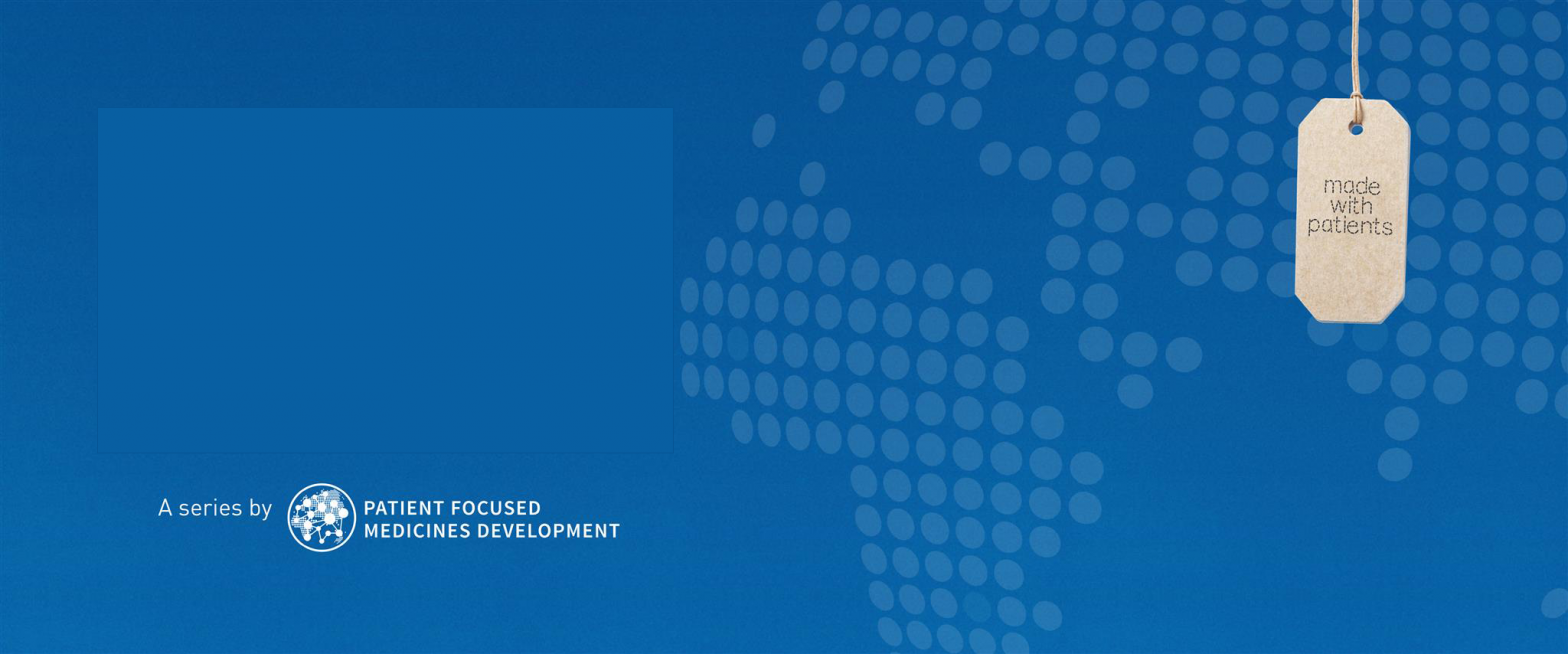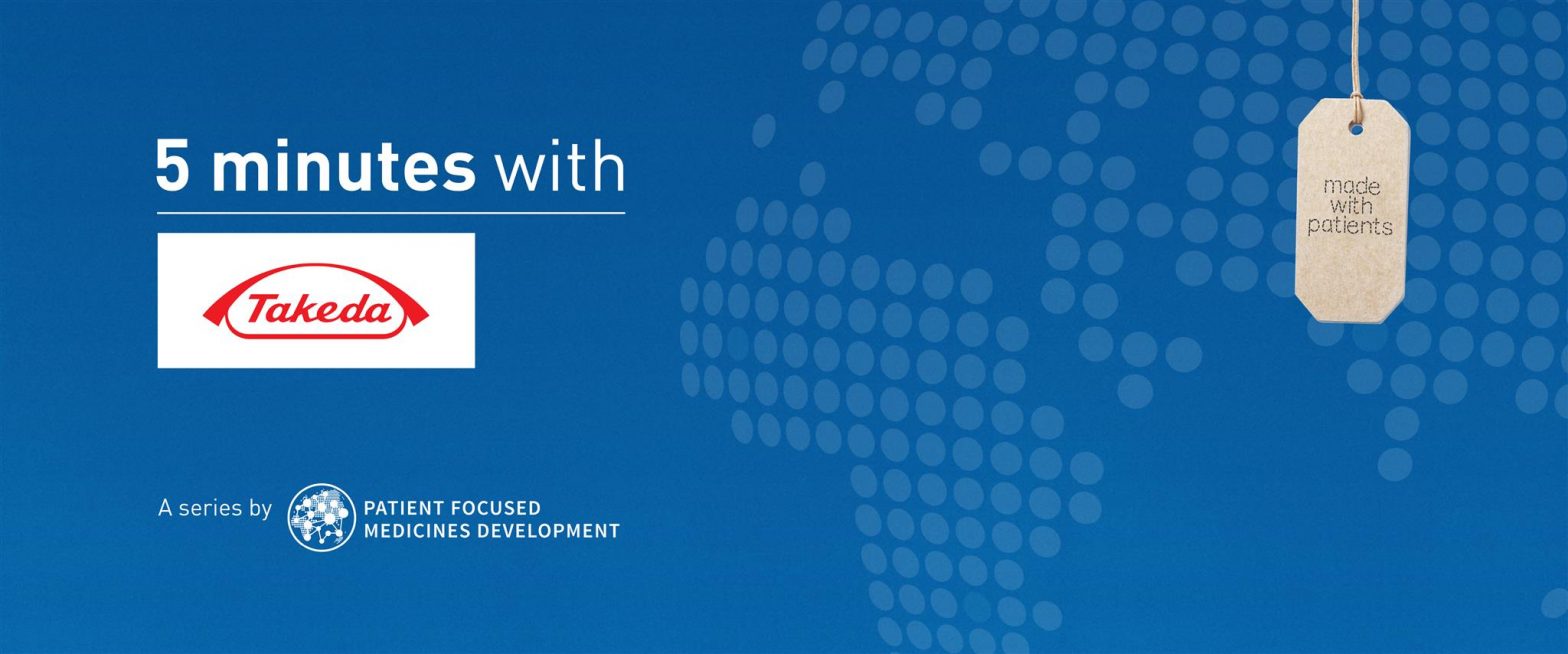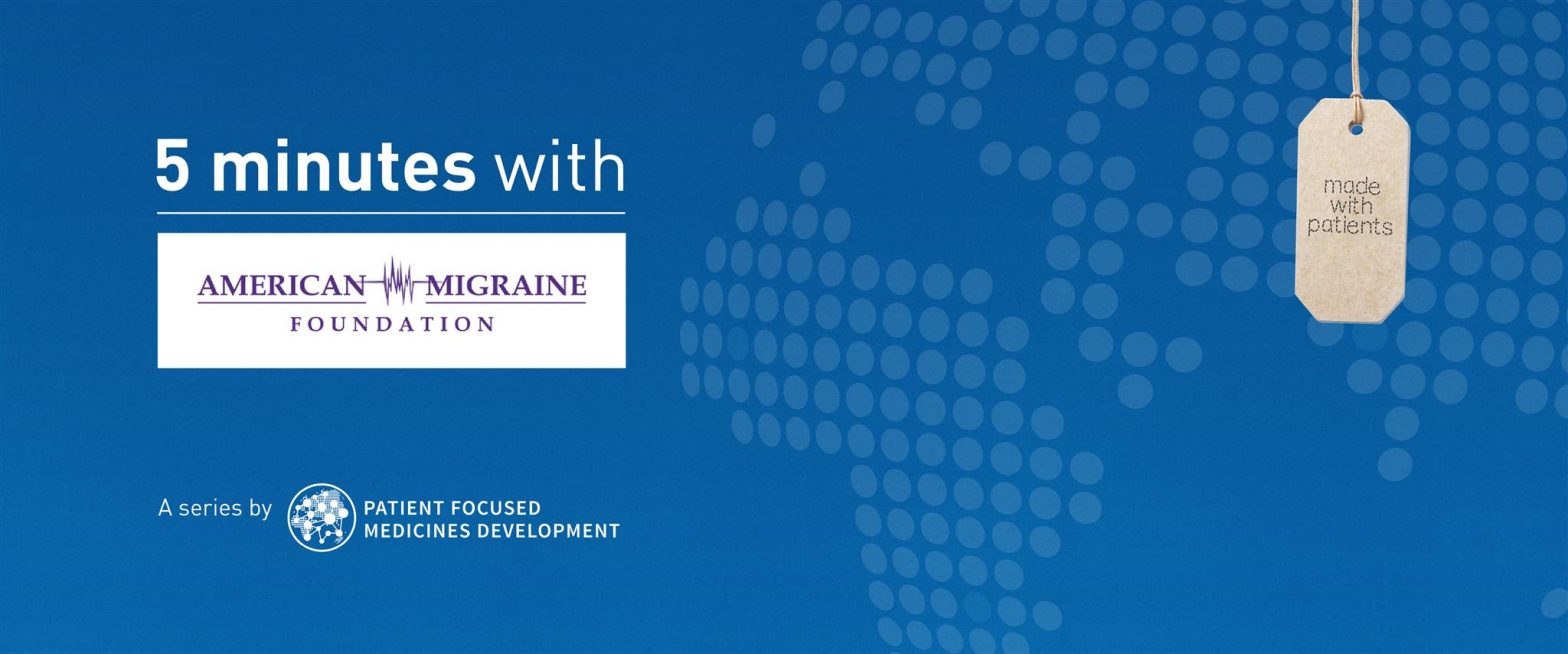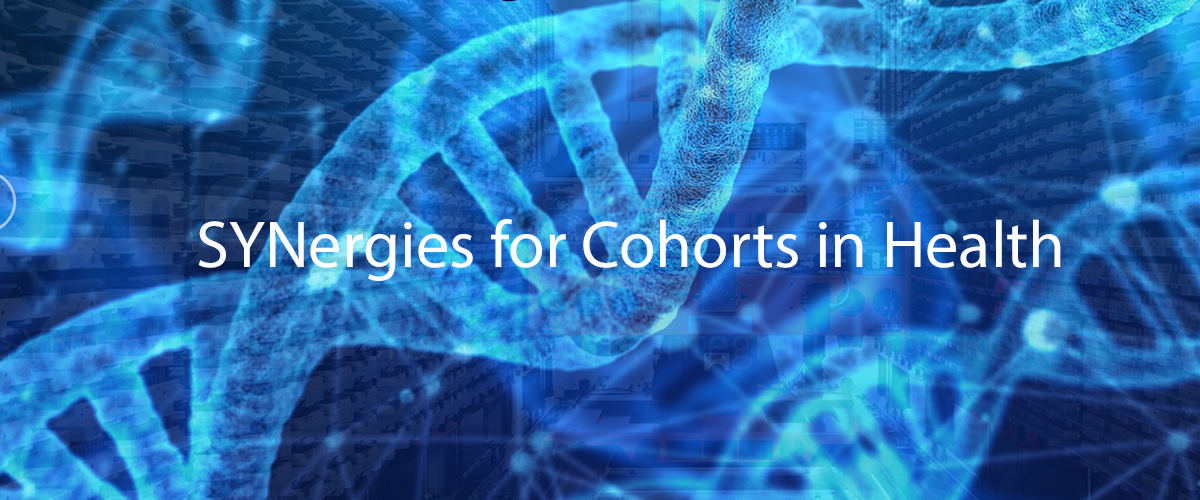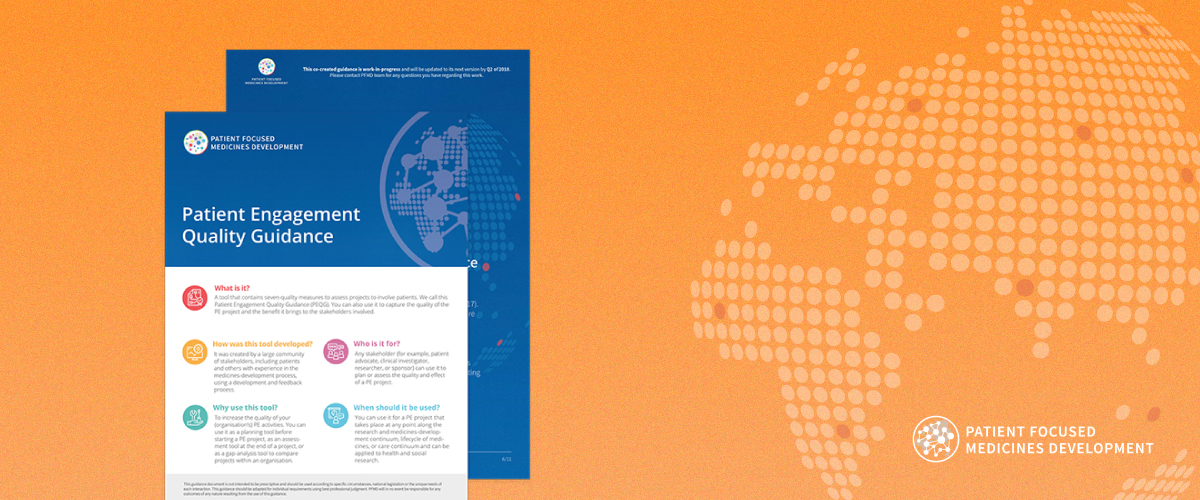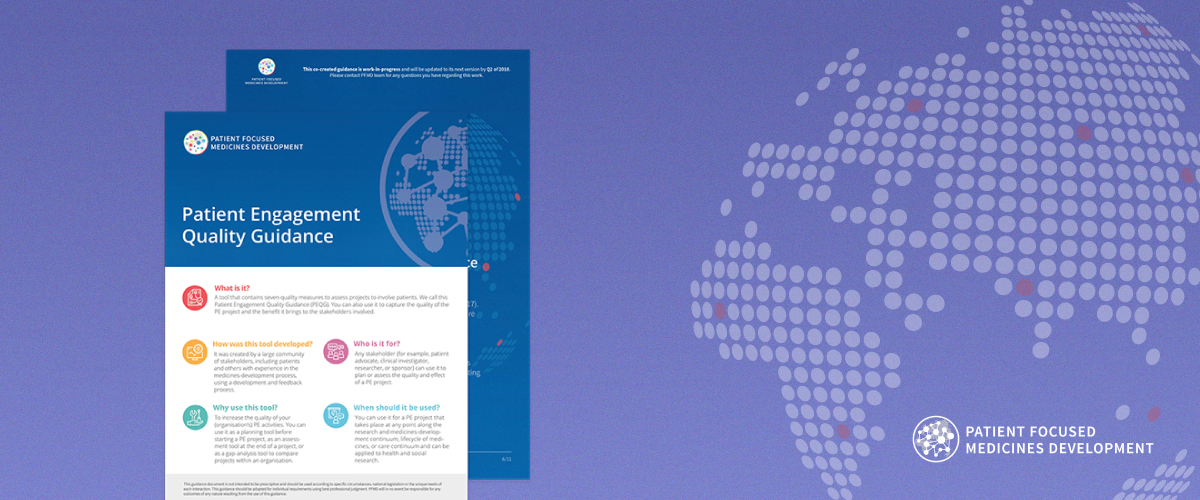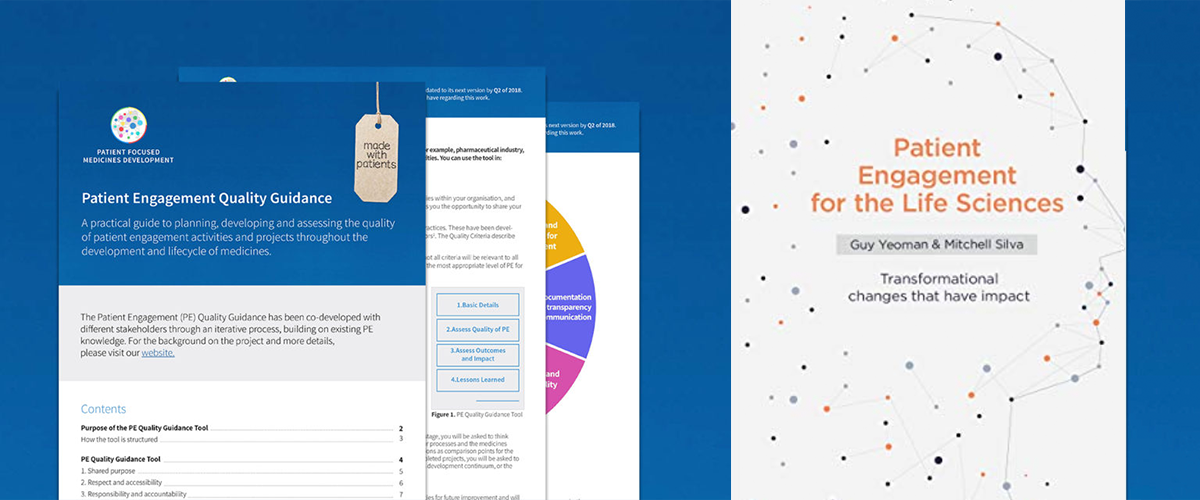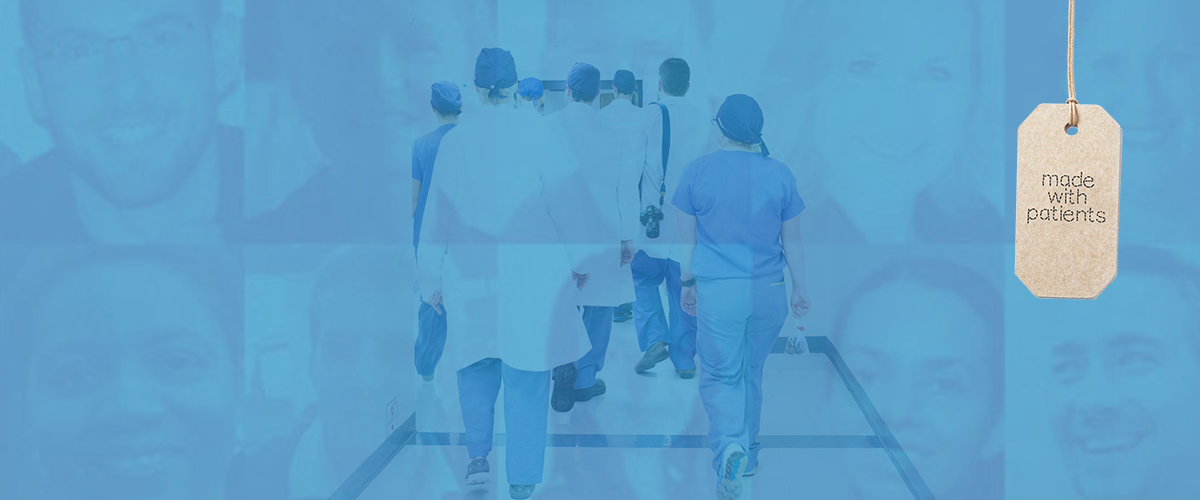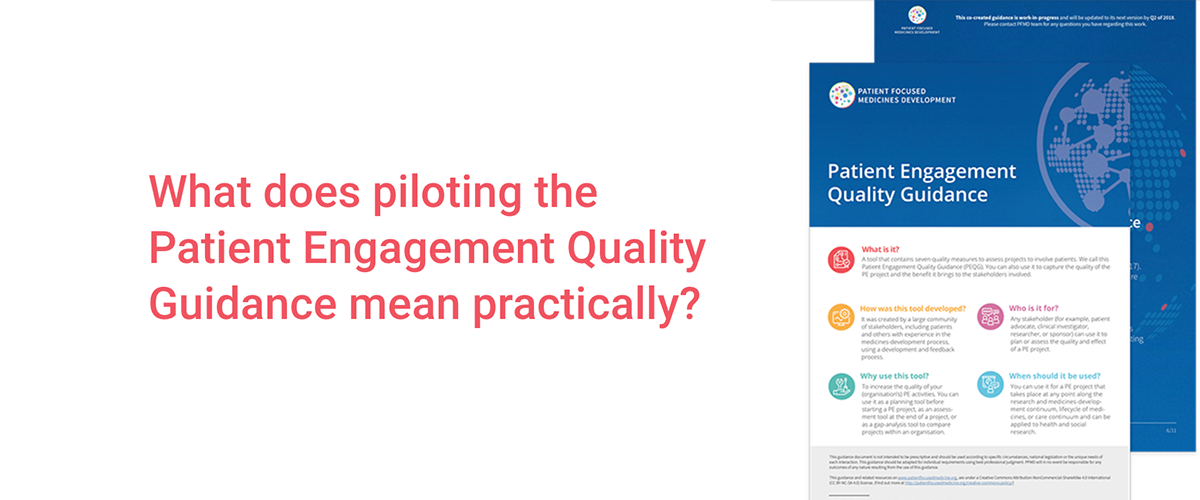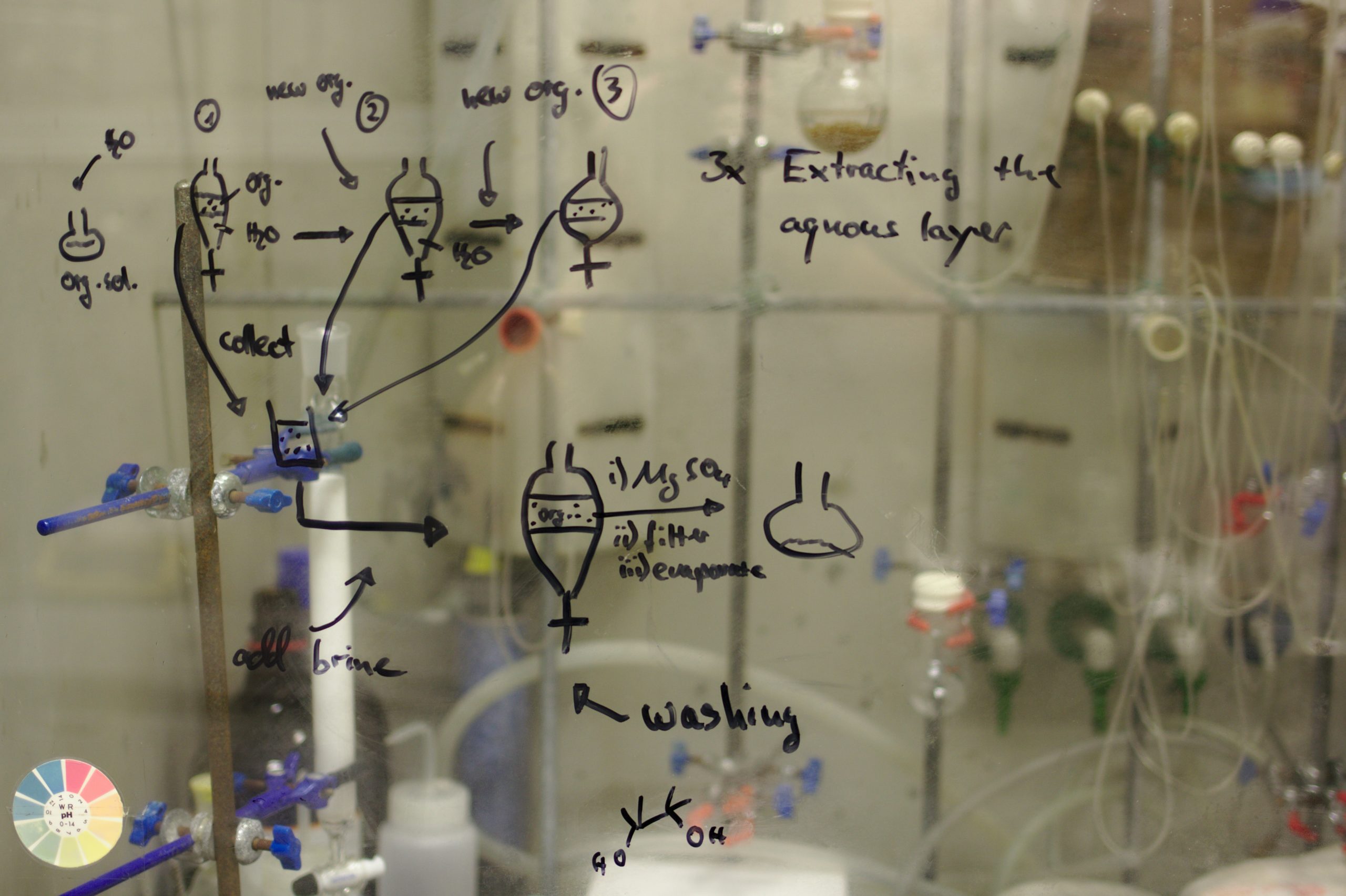 Interview with Dr Derick Mitchell, Chief Executive of Irish Platform for Patient Organisations, Science & Industry (IPPOSI)
Interview with Dr Derick Mitchell, Chief Executive of Irish Platform for Patient Organisations, Science & Industry (IPPOSI)
As patient engagement reaches a tipping point, it’s worth looking back at some of the original players in this still relatively new movement. One of the most noteworthy is the Irish Platform for Patients’ Organisations, Science and Industry (IPPOSI), a unique, patient-led partnership in Ireland and internationally that has been in existence for almost 15 years.
It originated from a germ of an idea Irish patent advocate Michael Griffith had. Griffith has a form of retinitis pigmentosa – a group of rare, genetic disorders that involve a breakdown and loss of cells in the retina area of eye and a disease that is the focus of intensive research – and he saw a need for a neutral platform where patients, industry, and academia could collaborate and cooperate. Current CEO Dr Derick Mitchell explains that the goal was to open up space and a dialogue and get consensus about what patients actually need and want, and how stakeholders can work together to deliver that.
Funded by a combination of Government money and industry fees, the organisation has close links with EUPATI, which has modelled much of its patient education offerings on the system originally developed by IPPOSI.
“It is obvious that the IPPOSI model is the perfect model for achieving the patient education in a way that is legitimate, in that it’s not focused on any one condition or anyone interest area of a particular company,” says Dr Mitchell. “It is cross-disease and common to all patients, and the IPPOSI model allows that neutrality to be the emphasis of it.”
Yet 15 years ago when IPPOSI was established, the concept of patient engagement was in its relative infancy; Dr Mitchell recalls how patients were very much on the outside looking in. “When you think about the process of development of new medicines and technologies, that process for patients was completely unfamiliar. It would very often be developed in-house by companies and that whole arena was just not open to patients.”
He recognises the role of the European Medicines Agency in helping to transform this patient-free approach. “It recognised the value of having patient input and put together a really structured approach to obtaining this. They are commonly acknowledged as having a world-leading structure in how it systematically incorporates patient input into its committees and its decision-making.”
This not only had a major impact on how the pharmaceutical industry operates but on the wider research ecosystem. “There is also an increasing awareness among public funders of research and recognition that by engaging with patients at the earliest possible stage of research, you improve the quality of the research,” says Dr Mitchell, adding that EUPATI has been hugely influential.
Historically such organisations would have been sceptical about the value patients could bring to the table. Dr Mitchell recalls how previously patient contributors lacked adequate support, and thus may have been more intimidated and contributed less to the process.
“The system now recognises it as a role that needs to be well-supported, well-defined, and its impact measured along the entire process. That is where we are at now. The likes of PFMD and EUPATI and the other international initiatives that are trying to put together a framework of engagement that everybody can understand is obviously the next step forward in that.
We will continue to generate these cohorts of educated informed patients who can take on specific responsibilities for companies or organisations.”
Yet, as patient engagement becomes more mainstream, the mission of IPPOSI has naturally evolved over time. Originally devised as a think-tank that would hopefully smooth the path to better access to innovative medicines, it has blossomed into so much more than that.
“What I think it is now about is putting patient voices at the heart of decision-making. We have 105 patient organisation as members, and they give us the mandate to represent patients at the strategic level. This could be a decision made within a company, or a payer or HTA regulator – we operate at the regulatory and legislation level of policy.”
Umbrella organisations such as IPPOSI can provide vital support for patient organisations who can often struggle with basic issues such as capacity, says Dr Mitchell. Their training courses are also a godsend for informed patients who wish to become informed patient advocates.
“The history of patient advocacy is based on individuals and individuals who self-train. They will have extensive experience of a condition or disease they have been experiencing for a number of years, and they know the healthcare system and where the gaps are in services and policy. This gives them great confidence to be advocates but there is no system behind the training, it’s all down to the individual’s motivation,” he explains.
What IPPOSI does is provide a framework, one that will create the next generation of patient advocates, Dr Mitchell adds. “One where the baseline of where they are in terms of their own education and network and the ability to influence the healthcare setting they find themselves in is higher than where previous generations were starting from. And we want to ensure this continues so that we have the next generation of patient advocates.”
Building the next generation of patient advocates
Tags:



